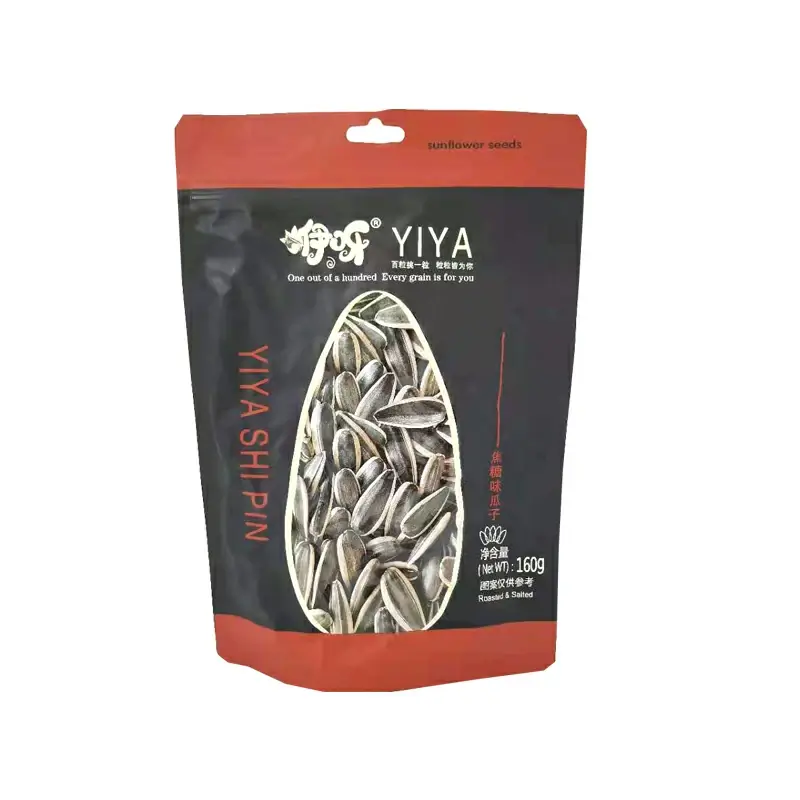-
 Afrikaans
Afrikaans -
 Albanian
Albanian -
 Amharic
Amharic -
 Arabic
Arabic -
 Armenian
Armenian -
 Azerbaijani
Azerbaijani -
 Basque
Basque -
 Belarusian
Belarusian -
 Bengali
Bengali -
 Bosnian
Bosnian -
 Bulgarian
Bulgarian -
 Catalan
Catalan -
 Cebuano
Cebuano -
 Corsican
Corsican -
 Croatian
Croatian -
 Czech
Czech -
 Danish
Danish -
 Dutch
Dutch -
 English
English -
 Esperanto
Esperanto -
 Estonian
Estonian -
 Finnish
Finnish -
 French
French -
 Frisian
Frisian -
 Galician
Galician -
 Georgian
Georgian -
 German
German -
 Greek
Greek -
 Gujarati
Gujarati -
 Haitian Creole
Haitian Creole -
 hausa
hausa -
 hawaiian
hawaiian -
 Hebrew
Hebrew -
 Hindi
Hindi -
 Miao
Miao -
 Hungarian
Hungarian -
 Icelandic
Icelandic -
 igbo
igbo -
 Indonesian
Indonesian -
 irish
irish -
 Italian
Italian -
 Japanese
Japanese -
 Javanese
Javanese -
 Kannada
Kannada -
 kazakh
kazakh -
 Khmer
Khmer -
 Rwandese
Rwandese -
 Korean
Korean -
 Kurdish
Kurdish -
 Kyrgyz
Kyrgyz -
 Lao
Lao -
 Latin
Latin -
 Latvian
Latvian -
 Lithuanian
Lithuanian -
 Luxembourgish
Luxembourgish -
 Macedonian
Macedonian -
 Malgashi
Malgashi -
 Malay
Malay -
 Malayalam
Malayalam -
 Maltese
Maltese -
 Maori
Maori -
 Marathi
Marathi -
 Mongolian
Mongolian -
 Myanmar
Myanmar -
 Nepali
Nepali -
 Norwegian
Norwegian -
 Norwegian
Norwegian -
 Occitan
Occitan -
 Pashto
Pashto -
 Persian
Persian -
 Polish
Polish -
 Portuguese
Portuguese -
 Punjabi
Punjabi -
 Romanian
Romanian -
 Russian
Russian -
 Samoan
Samoan -
 Scottish Gaelic
Scottish Gaelic -
 Serbian
Serbian -
 Sesotho
Sesotho -
 Shona
Shona -
 Sindhi
Sindhi -
 Sinhala
Sinhala -
 Slovak
Slovak -
 Slovenian
Slovenian -
 Somali
Somali -
 Spanish
Spanish -
 Sundanese
Sundanese -
 Swahili
Swahili -
 Swedish
Swedish -
 Tagalog
Tagalog -
 Tajik
Tajik -
 Tamil
Tamil -
 Tatar
Tatar -
 Telugu
Telugu -
 Thai
Thai -
 Turkish
Turkish -
 Turkmen
Turkmen -
 Ukrainian
Ukrainian -
 Urdu
Urdu -
 Uighur
Uighur -
 Uzbek
Uzbek -
 Vietnamese
Vietnamese -
 Welsh
Welsh -
 Bantu
Bantu -
 Yiddish
Yiddish -
 Yoruba
Yoruba -
 Zulu
Zulu
Sep . 08, 2024 05:02 Back to list
Premium Sunflower Seeds Manufacturers | Quality & Specifications
Different Specifications of Sunflower Seeds Manufacturers
Sunflower seeds have gained significant popularity in various markets around the world, not just as a delicious snack but also for their numerous health benefits. As a result, the demand for sunflower seeds continues to rise, leading to the emergence of numerous manufacturers specializing in the production of these seeds. However, not all sunflower seeds are created equal; different specifications cater to various consumer needs and preferences.
One of the primary specifications that differentiate sunflower seeds is their variety. There are two main types of sunflower seeds available in the market oilseeds and non-oilseeds. Oilseed sunflowers are primarily cultivated for oil extraction, while non-oilseeds, often referred to as snack seeds, are grown for direct consumption. Manufacturers focus on these two varieties to meet the distinct requirements of their target markets, ensuring that consumers receive products suited to their culinary or health-focused needs.
In addition to variety, the size of sunflower seeds is another crucial specification. Sunflower seeds come in various sizes, ranging from small, medium to large. The size of the seed can influence its taste, texture, and nutrient density. Generally, larger seeds are favored for snacking due to their higher kernel-to-shell ratio, making them more enjoyable to eat. Manufacturers understand these preferences and often specify seed sizes in their product offerings, allowing consumers to choose what best suits their needs.
different specifications sunflower seeds manufacturers

Another important specification that manufacturers consider is the level of processing. Sunflower seeds can be sold raw, roasted, or flavored, each processing method imparting distinct characteristics to the final product. Raw seeds are rich in nutrients, while roasted seeds provide a deeper flavor and satisfying crunch. Flavored seeds, on the other hand, cater to the growing demand for gourmet snacks, with options ranging from savory to sweet. Manufacturers often specialize in various processing techniques to appeal to different consumer preferences, thus expanding their market reach.
Packaging is also a key specification when it comes to sunflower seeds. Manufacturers understand the importance of protective and appealing packaging that not only preserves freshness but also attracts consumers. Sunflower seeds may be packaged in bulk for commercial use, or in convenient single-serving sizes for on-the-go snacking. Eco-friendly packaging options are also becoming increasingly popular, resonating with environmentally conscious consumers. Manufacturers that adopt innovative and sustainable packaging solutions can enhance their brand image and appeal to a broader customer base.
Furthermore, quality control and certifications significantly impact sunflower seed specifications. Reputable manufacturers adhere to stringent quality standards, ensuring their products are free from contaminants and meet nutritional benchmarks. Certifications such as organic, non-GMO, and fair trade can also influence consumer choices. Manufacturers that can showcase these quality assurances often gain a competitive edge in the market by building trust with consumers.
In conclusion, the sunflower seed industry is diverse, with manufacturers offering a myriad of specifications to cater to various consumer preferences. From the type and size of seeds to the processing methods and packaging options, each specification plays a vital role in meeting the demands of different markets. As the popularity of sunflower seeds continues to grow, manufacturers must remain agile and responsive to changing consumer trends to maintain their relevance and success in this dynamic marketplace. Whether for snacking, cooking, or health benefits, the right specifications can make all the difference in satisfying consumers' needs and enhancing their overall experience with sunflower seeds.
-
Buy Bulk Sunflower Seeds Exporter: Premium Quality, Competitive Price
NewsJul.30,2025
-
Premium Macadamia Nuts - Fresh, Crunchy & Healthy Snack Choice
NewsJul.30,2025
-
Premium Biscuits Packaging – Elegant, Durable & Customizable Solutions
NewsJul.29,2025
-
Top Banana Flavor Sunflower Seeds Exporter - Factory Direct Supply
NewsJul.29,2025
-
Premium Snack Dates - Healthy, Natural & Delicious Treats
NewsJul.29,2025
-
Premium Peanuts - Fresh, Nutritious & Delicious Snacks for All
NewsJul.28,2025
